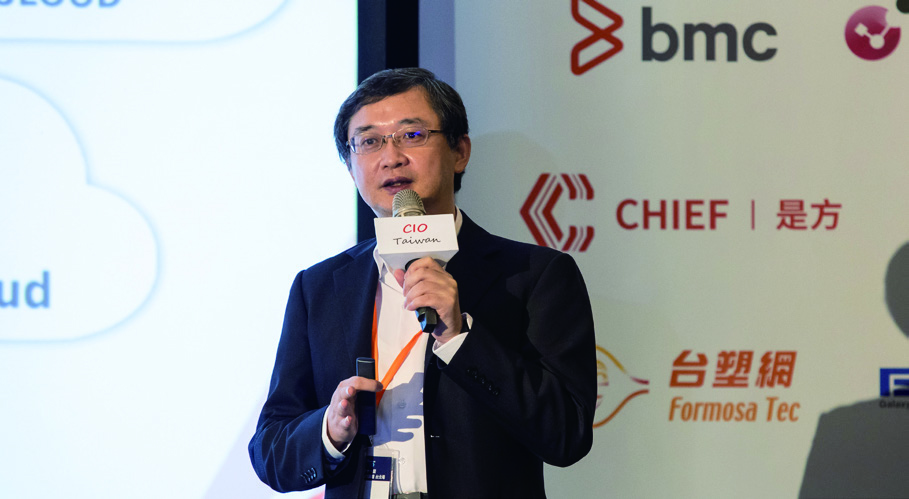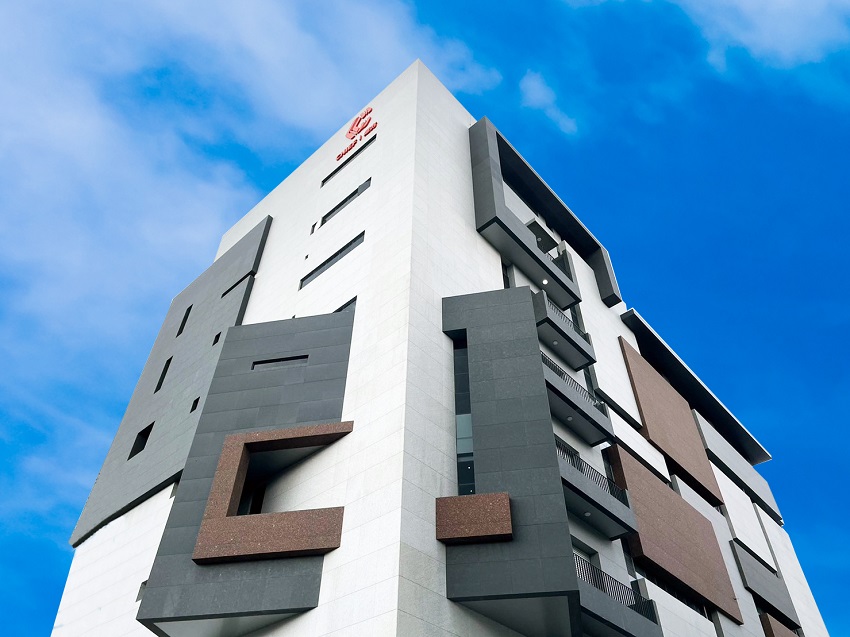Assisting the Manufacturing Industry:
Chief AI Data Center’s Role in Creating Private AI Clouds
 ▲Julius Tsai, senior manager at Chief Telecom.
▲Julius Tsai, senior manager at Chief Telecom.
As the manufacturing industry implements AI technology, it must balance security, compliance, and efficiency, which presents challenges in the process building private AI clouds. Through leveraging its data centers and domestic and international optic fiber networks, Chief Telecom aims to assist in the industry deployment needs, accelerating innovation and transformation.
There is no doubt that the hottest topic of interest among today’s businesses is artificial intelligence. As numerous companies continue to leverage AI to enhance their competitiveness, they are elevating AI from a “nice to have” to a “must have”. This shift means that computational power becomes a critical resource and the most important driving force for the future.
Julius Tsai, a senior manager at Chief Telecom, points out that most of today’s computational power is controlled by a few large public clouds and tech companies, such as Meta. Together, these companies collectively purchased up to 70% of Nvidia’s chips, and many companies access computational power through these public clouds. In the manufacturing industry, while AI computations are performed using public clouds, there is also a desire to develop their own computational resources through private infrastructure to support certain AI application scenarios.
In addition to the common AI applications for defect detection in manufacturing, some companies hope to use generative AI technology to create an automated communication environment. This would enable natural language dialogues with machines, making it easier to set parameters or improve certain processes. As a result, the time required for related operations could be dramatically reduced from couple of days or even hundreds of days to a matter of minutes.
However, a question that remains is whether the current facilities in the manufacturing industry are adequate to fully support the deployment of AI computational power. Julius Tsai pointed out that the latest Nvidia NVL72 utilizes a modular Super Node technology to aggregate impressive computational power, showcasing never-before-seen powerful performance. However, the deployment of the NVL 72 requires new support systems, such as liquid cooling technology, as each rack would demand up to 120kW of power. This, in turn, increases the demand for high-density power racks.
The power density of many manufacturing industry facilities is designed to be around 2 to 4kW, while one rack of NVL 72 is equivalent to 60 traditional computer racks. Additionally, each NVL 72 rack weighs 1,360 kg. In contrast, typical professional facilities can only support a maximum weight of 1,000 to 1,200 kg per rack. This means that if companies wish to develop their own AI computational power, they will face high costs not only for the equipment but also due to the increased demands for power, cooling, floor load capacity, and even high-speed networking, which significantly limits the possible deployment locations.
Chief Telecom plans to launch the latest LY2 AI data center in the second half of 2024. It will feature seismic isolation design, and the floor loading can take up to 2,000 kilograms per square meter, along with providing 20MW power capacity. Clients wishing to deployment Nvidia H100 or B200 servers will find that their power and environmental needs are fully met. Even for clients with higher demands and greater density requirements, Chief Telecom can offer customized liquid cooling solutions.
It is also worth mentioning that Chief Cloud eXchange platform enables the direct connection to the five largest public clouds. Many manufacturing ¬companies have facilities around the world, highlighting Chief Telecom’s advantage as a digital convergence hub. This ensures that clients can leverage Chief’s comprehensive domestic optical fiber backbones and international submarine cables for high-speed connectivity between their business data centers and Chief’s IDCs. Therefore, Chief Telecom provides private network connection to public clouds, ensuring secure data exchange.
 ▲Chief Telecom LY2 AI data center
▲Chief Telecom LY2 AI data center



